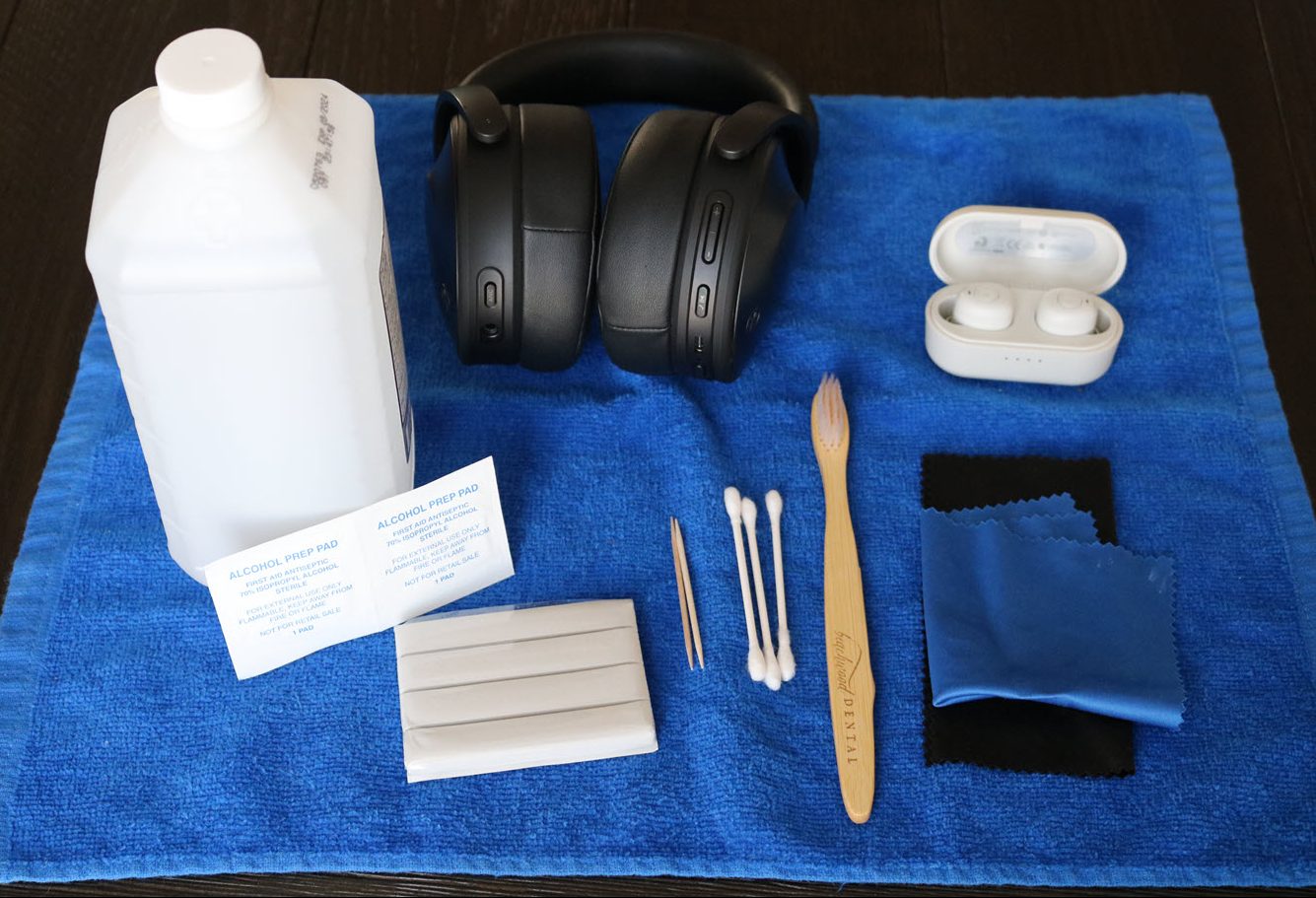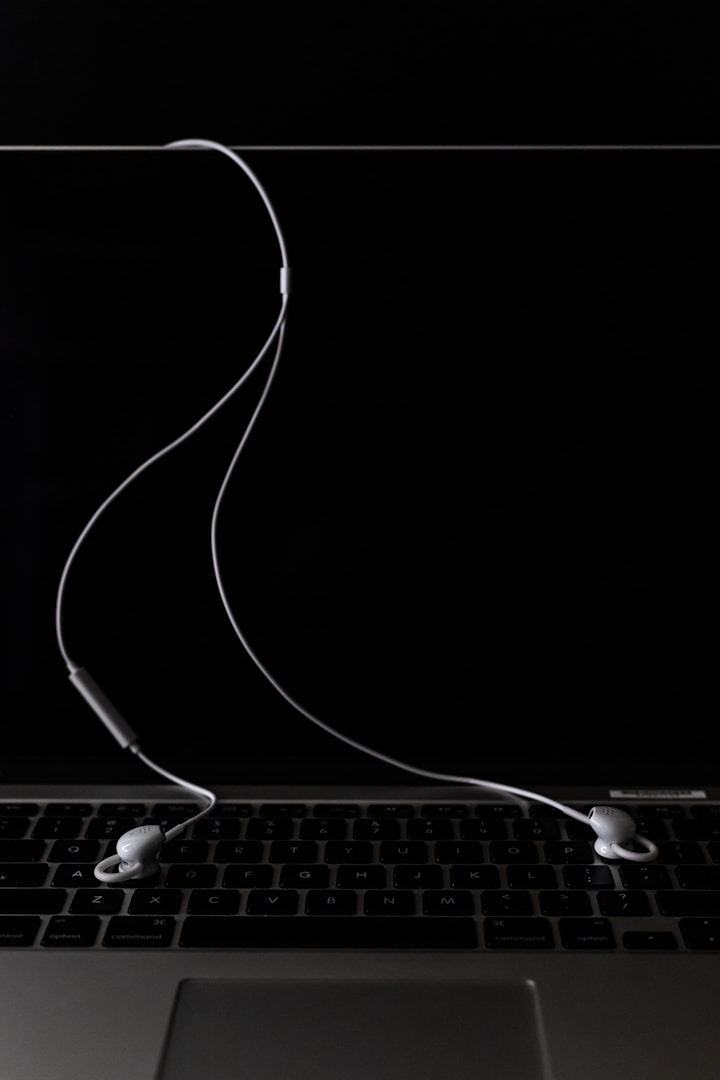Harnessing Nature’s Engineering: NUS Leads $120 Million Initiative for Sustainable Manufacturing
Innovative research at the NUS Centre for Life Sciences.
In an ambitious stride towards sustainable manufacturing, the National University of Singapore (NUS) is spearheading a groundbreaking $120 million research initiative focused on leveraging carbon-absorbing microbes. This effort aims to transform our approach to production—from specialty chemicals to sustainable aviation fuel—redefining the landscape of the green economy.
Exploring Synthetic Biology’s Potential
The initiative pivots around synthetic biology, a field ripe for innovation. Scientists are engaging in altering the DNA of rapidly multiplying microbes, primarily algae, to enhance their production capabilities. The objective is clear: use carbon dioxide (CO2) as input for creating valuable end products, thereby addressing both sustainability concerns and industrial needs.
As Professor Liu Bin, NUS’s deputy president for research and technology, pointed out, this project is about creating economically viable solutions that directly align with Singapore’s decarbonization goals. The researchers envision converting Jurong Island into a hub for sustainable chemicals and refining, aiming to elevate the output of eco-friendly products significantly.
Tracking the latest advancements in the bio-manufacturing space.
“Given the rise in consumer demand in Asia and mounting pressure to minimize environmental impacts, synthetic biology becomes a crucial pathway for manufacturers,” remarked Mr. Lim Wey-Len, executive vice-president of the Economic Development Board (EDB). With projections suggesting a ballooning market worth approximately $55.37 billion by 2030, interest in synthetic biology is surging as a potential springboard for technological advancements.
The Role of Artificial Intelligence in Research
To truly unlock the potential of Singapore’s burgeoning bio-manufacturing sector, leveraging artificial intelligence is paramount. By utilizing AI to optimize designs for microbial production systems, researchers aim to create what they call “cell factories.” This innovative approach seeks to enhance cost-effectiveness, bringing synthetic biology within reach for widespread industrial application.
With NUS at the forefront, international collaborations are being established to amplify visibility and impact within the global scientific community. Such partnerships are essential for the evolution of synthetic biology, as they will cultivate a “powerful multiplier effect” that magnifies Singapore’s contributions to this cutting-edge field.
“To advance Singapore’s bio-manufacturing sector and elevate our synthetic biology research, it is crucial to anchor national research efforts here at NUS.” — Professor Liu
Building on Past Successes
While synthetic biology has predominantly found its initial applications in the biomedical and pharmaceutical sectors, its potential across diverse fields is beginning to unveil itself. Notably, NUS collaborated with the French National Centre for Scientific Research to engineer new plant-based molecules with high energy density, suitable for use as aviation fuel. This aligns perfectly with upcoming regulations requiring flights from Singapore to incorporate sustainable aviation fuel by 2026, fueled by waste materials such as used cooking oil.
A glimpse into the future of sustainable aviation fuel development.
Implications for Sustainability and Industries
The implications of this initiative extend far beyond the confines of academia. Synthetic biology harbors the promise of generating valuable oleochemicals, enhancing sustainability in numerous industries, from basic consumer goods to energy production. The approach not only addresses the acute challenge of carbon emissions but also opens the door to creating a circular economy where waste is meticulously transformed into resources.
With endeavors like NUS’s research initiative, we are witnessing a confluence of innovation and environmental responsibility. The shift towards synthetic biology may very well dictate the survival of industries in our carbon-constrained future. It positions Singapore as a leader in the green transformation, showcasing how strategic investment in R&D can align with broader sustainability objectives.
In conclusion, this $120 million investment in synthetic biology exemplifies how science can answer pressing global challenges. By harnessing the natural engineering capabilities of microbes, we may reshape manufacturing to be more sustainable, paving the way for a greener future. As we move forward, the lens through which we view industrial processes must focus on sustainability, efficiency, and innovation for a thriving planet.
Further Reading:


 Photo by
Photo by 









